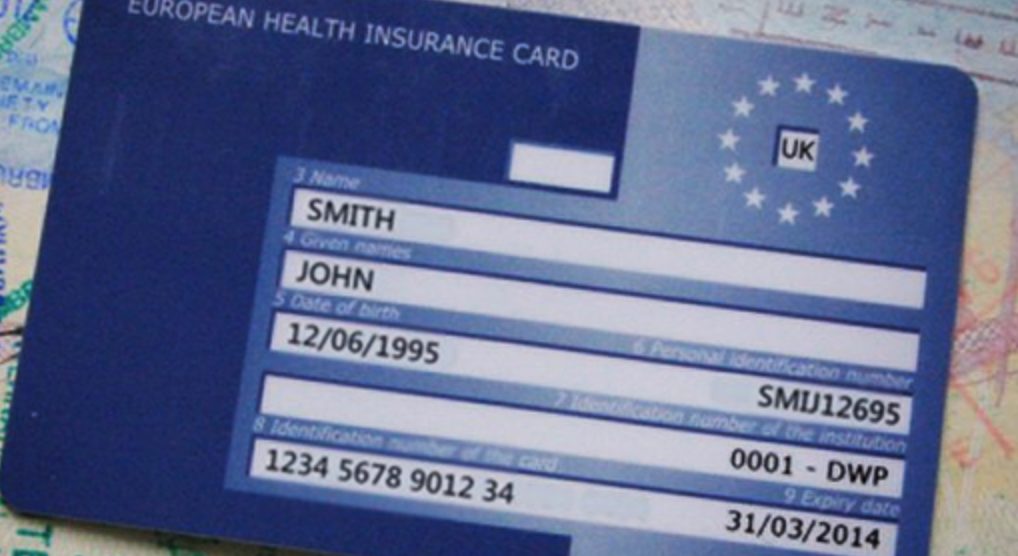The Prime Minister, Theresa May, returned from Salzburg and gave a passionate speech about how the EU should respect the UK.
“We cannot accept anything that threatens the integrity of our union, just as they cannot accept anything that threatens the integrity of theirs.
We cannot accept anything that does not respect the result of the referendum, just as they cannot accept anything that is not in the interest of their citizens.
Throughout this process, I have treated the EU with nothing but respect. The UK expects the same. A good relationship at the end of this process depends on it.”

“At this late stage in negotiations, it is not acceptable to simply reject the other side’s proposals without a detailed explanation and counter proposals.
So we now need to hear from the EU what the real issues are and what their alternative is so that we can discuss them. Until we do, we cannot make progress.
In the meantime, we must and will continue the work of preparing ourselves for a no deal.”

This is the first in a series of articles we intend to publish about how Brexit might impact on disabled people.
TRANSPORT
The Blue Badge Parking Scheme is a reciprocal arrangement, whereby disabled drivers can use their permit to park in any EU country. In 1988, EU member states agreed to recognise badges of a common format issued in EU countries. It is not likely that Brexit would lead to the UK changing the format of the Blue Badge, so there is no obvious reason why it would not continue to be recognised across Europe, in the same way as those issued in Switzerland and Norway.
PUBLIC HEALTH AND HEALTHCARE
The EU Public Health strategy, Together for Health, was adopted in 2007. Some of the objectives are:-
*Improving the health of the population in older age
*Improving surveillance between Member states to combat pandemics and bioterrorism; supporting new technologies for healthcare and disease prevention

EUROPEAN HEALTH INSURANCE CARD (EHIC)
Currently, EU citizens travelling in other member states are entitled to healthcare on a reciprocal basis, through the EHIC. This benefit would cease with withdrawal from the EU, though Britain might be able to negotiate something within the EEA.
EMPLOYMENT RIGHTS
Much UK employment law is based on EU law. The latter often provides a minimum standard below which domestic employment law must not fall. In some cases EU law has entrenched at an international level provisions that already existed in UK law: for example, sex, race and disability discrimination and certain maternity rights.
In others, new types of employment rights have been incorporated into British law in order to comply with EU obligations. Some of these were resisted by the UK government when they were being introduced (eg: agency worker’s rights and limitations on working time).

